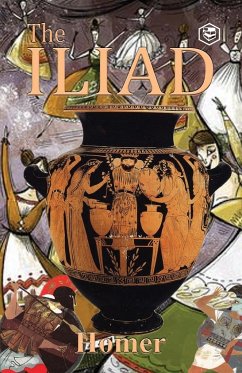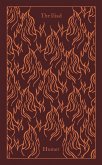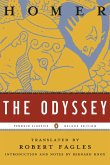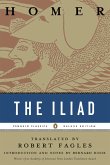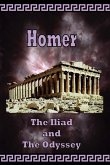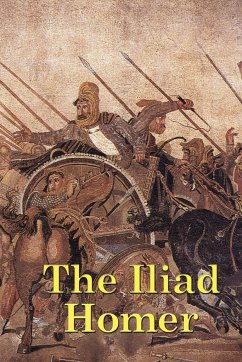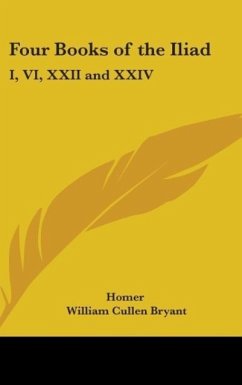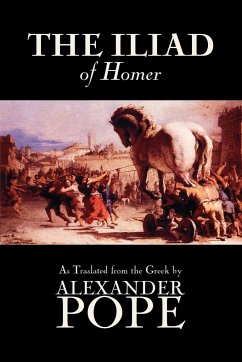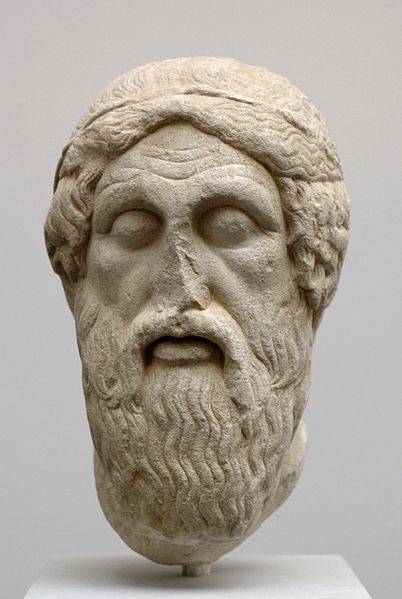The first great book, and the first great book about the suffering and loss of war' Guardian The Iliad sometimes referred to as the Song of Ilion or Song of Ilium) is an ancient Greek epic poem in dactylic hexameter, traditionally attributed to Homer. Usually considered to have been written down circa the 8th century BC, the Iliad is among the oldest extant works of Western literature, along with the Odyssey, another epic poem attributed to Homer which tells of Odysseus's experiences after the events of the Iliad. The Iliad centres on the pivotal four days towards the end of the ten-year war between the Greeks and the Trojans. In a series of dramatic set pieces, it follows the story of the humiliation of Achilleus at the hands of Agamemnon and his slaying of Hektor: a barbarous act with repercussions that ultimately determine the fate of Troy. The Iliad not only paints an intimate picture of individual experience, but also offers a universal perspective in which human loss and suffering are set against a vast and unpitying divine background where fickle, quarrelsome gods decide the fate of men.

